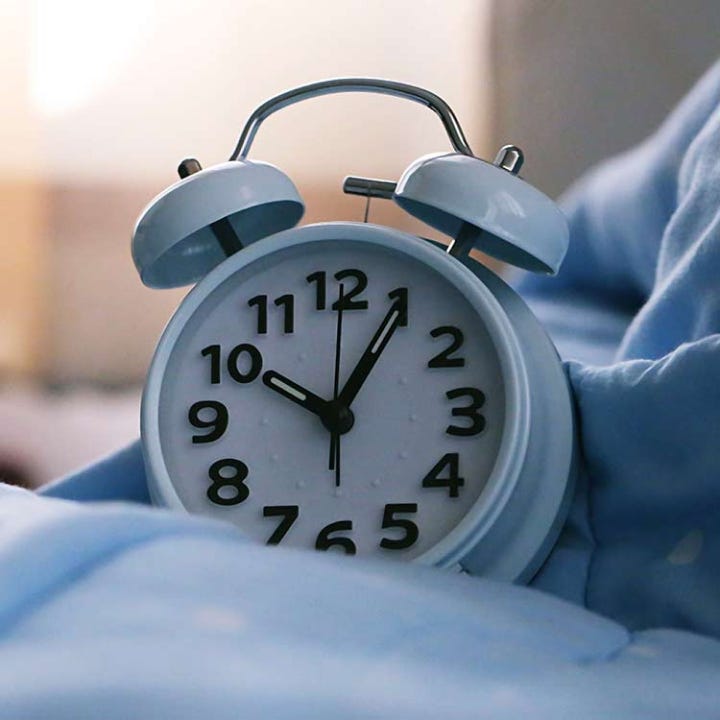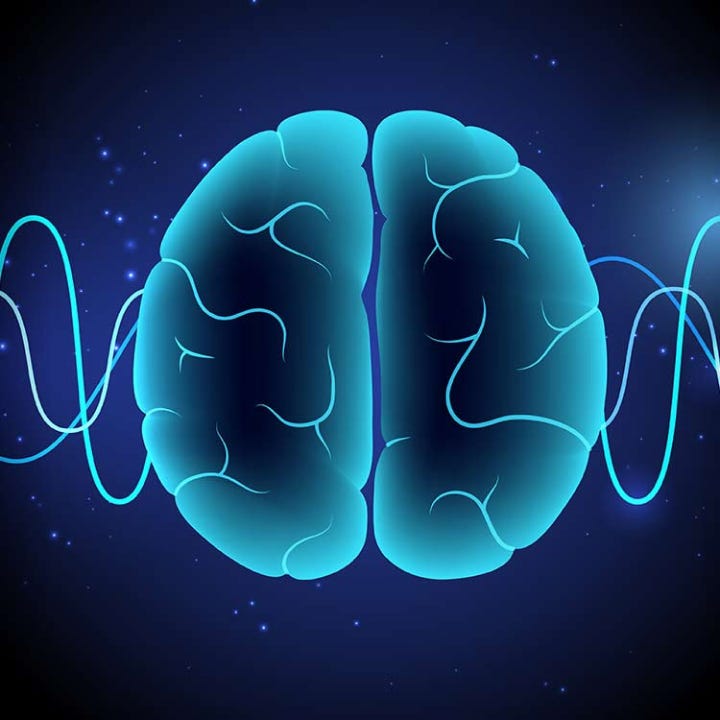You are not alone, it has been estimated nearly half of all Australians report at least two sleep-related problems.
Sleep Health
Maintaining sleep health is vital as it gives the brain and body a chance to recover and recuperate.


Sleep Quality
The depth and restorative quality of one’s sleep influences overall wellbeing and daytime functioning.


Sleep Quantity
Most adults should aim for between 7-9 hours of sleep each night.


Sleep Type
Each sleep cycle consists of non-REM stages (light sleep, deeper sleep) and REM (Rapid Eye Movement) sleep, each serving distinct functions necessary for physical restoration and cognitive processes.
Why Is Sleep So Important?
- Sufficient sleep is essential to support mental health and mood.
- Getting adequate high-quality sleep helps to support sustained energy levels throughout the day.
- Sleep supports metabolic health. Insufficient sleep can disrupt the regulation of key hormones related to metabolism such as cortisol, insulin and leptin.
- Sleep supports immune system health and function. Getting adequate rest helps the body recover and rebuild.
Reasons for Poor Sleep Health: Causes & Symptoms
Many factors can contribute to poor sleep health. Factors can include:


Stress
Persistent stress and anxiety can disrupt sleep patterns, making it difficult to achieve restful sleep.


Environmental factors
Noise, light, or an uncomfortable mattress can contribute to disturbances that can make it difficult to fall or stay asleep.


Unhealthy Habits
Factors such as excessive caffeine or alcohol intake, lack of physical activity, and poor dietary choices can negatively impact sleep.


Sleep Hygiene
Irregular sleep schedules, exposure to electronic devices before bedtime, and an uncomfortable sleep environment can contribute to poor sleep health.


Irregular Schedule
Jobs that involve irregular or shift work can disrupt the body's natural circadian rhythm, making it challenging to establish a consistent sleep routine.
How Much Deep Sleep Should I Have?
The amount of deep sleep needed each night varies from person to person, but generally, adults should aim for approximately 20-25% of their total sleep time in the deep sleep stage. This typically translates to about 1.5 to 2 hours of deep sleep during a standard 7–8-hour sleep cycle. Deep sleep helps to support physical restoration, immune function, and memory consolidation.
Ways to Improve Sleep Health
- Adopting a consistent bedtime routine and sleep schedule can help improve sleep health.
- Reducing screen time and use of technology prior to bedtime reduces blue light exposure and can make it easier to fall asleep faster.
- Regular exercise helps to regulate the body’s internal clock, or circadian rhythms. A consistent exercise routine can help signal to the body that it’s time to be awake during the day and can help with winding down and relaxation prior to sleep at night.
- Natural supplement options including magnesium, ashwagandha and kava can help you improve your sleep health.
How To Fall Asleep Fast?
Falling asleep quickly often involves establishing a relaxing pre-sleep routine and creating an environment that’s conducive to rest. This may include activities like reading a book, practicing deep-breathing exercises or meditation. Keeping the bedroom cool, dark, and quiet can enhance sleep readiness. Limiting exposure to screens before bedtime, as the blue light emitted can interfere with melatonin production, is also a good idea.
Frequently Asked Questions
What Are the Different Stages of Sleep?
Sleep is categorised into several stages that collectively form a sleep cycle. The two main types are REM (Rapid Eye Movement) and non-REM sleep. Non-REM sleep consists of three stages: N1 (light sleep), N2 (a deeper sleep with reduced awareness of the surroundings), and N3 (deep sleep), which is required for physical restoration and growth hormone release. Throughout the night, these stages are cycled through multiple times.
What Is REM Sleep?
REM (Rapid Eye Movement) sleep is a distinct stage in the sleep cycle characterised by heightened brain activity, vivid dreaming, and rapid movement of the eyes. It is an essential part of the sleep cycle, contributing to various aspects of cognitive function, including memory consolidation, emotional processing, and learning.
Why Can’t I Sleep?
Common reasons for having trouble falling asleep or staying asleep include stress and anxiety, which can disrupt the mind's ability to relax. Poor sleep hygiene, such as irregular sleep schedules, excessive screen time before bed, or an uncomfortable sleep environment, can also contribute. Lifestyle factors like excessive caffeine intake or irregular exercise can interfere with sleep. Identifying and addressing the underlying causes, establishing a consistent sleep routine, and creating a conducive sleep environment are each important steps in managing difficulties with sleep.
Is Six Hours Sleep Enough?
While individual sleep needs vary, consistently getting only six hours of sleep per night is generally insufficient for most adults. The recommended amount is typically 7-9 hours to support overall health and wellbeing.
I’m Looking For Help With
Select one of the categories below to help you find a product range that's right for you
























